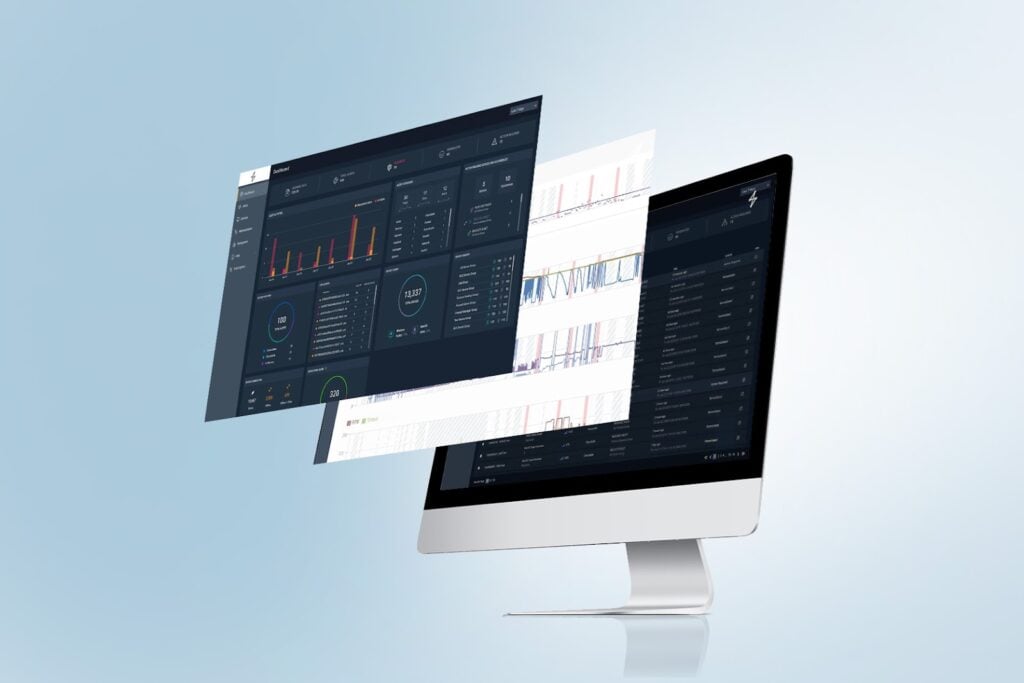What is NLP?
Humans understand language naturally—so much so that we take for granted the complex rules and inflections underlying everyday speech and writing. Teaching machines to understand human language, however, is no easy task. Over the past few decades, experts in natural language processing (NLP) have worked to build machines that can understand language in human-like fashion.
NLP-based devices, like Google Translate or Amazon Alexa, are products of advances in machine learning, or the building of algorithms and programs that can learn and adapt beyond their initial programming. Rather than trying to program machines that can understand every possible combination of words or phrases—an impossibly complex task—researchers feed large datasets of text and voice into machine learning programs, which are then able to discern the rules of language for themselves. Using probabilistic models to infer what’s being communicated, machines are learning to derive the context of a given word, phrase, or sentence, an early step in the cognitive understanding of natural language by machines.
Progress in NLP has been particularly exciting in recent years. Beyond the remarkable abilities of Amazon’s Alexa and Apple’s Siri, Google CEO Sundar Pichai recently demonstrated Google’s Duplex AI Assistant seeming to mimic a human voice to hold a real phone conversation with an (unaware) human operator. AI’s increasingly sophisticated ability to understand human language is changing the game for information processing and communication in business.
NLP Applications in Businesses
By now, many companies have come to realize the wide potential for their data to improve efficiency and create new ways of maximizing revenue. The problem, however, is that up to 80% of the business world’s data is unstructured, meaning it can’t be easily interpreted by traditional algorithms. Efficiently generating insights and value from the vast mounds of books, journals, notes, audio and video clips, and images (just to name a few sources) requires the use of NLP technology.
The good news it that NLP is one of the easiest AI solutions to implement. NLP platforms like those built by SparkCognition’s DeepNLP are deployable by enterprises in a matter of hours or days. The platforms can sort through document archives and produce new types of files, automating the creation of clear, dynamic organizational systems that update themselves as needed. Here are just a few of the applications for NLP tech already in use in business today:
1. Automating Data Organization: By automatically retrieving, filtering, sorting, or redacting particular entries, NLP obviates much of the need for time-consuming and costly human effort. For example, an insurance company might use NLP to sort through millions of claims full of handwritten text, saving agents valuable time and energy.
2. Retrieving Cognitive Information: With its ability to contextualize chunks within vast stores of data, NLP can help businesses retrieve key pieces of information—the digital equivalent of a needle in a haystack. An industrial enterprise seeking to mitigate safety risks might use NLP to find a history of particular incidents in its safety logs, even if those incidents don’t include the usual keywords or labels. Locating such information could prove instrumental in preventing future accidents.
3. Streamlining Administrative Tasks: NLP is increasingly capable of automating administrative tasks like report writing, which currently consume up to 54% of managers’ time according to a 2016 Accenture survey. By taking information from forms, documents, or logs and rapidly populating reports, NLP leaves more time for creative and critical thinking among teams and leaders.
SparkCognition’s DeepNLP uses cutting-edge machine learning techniques to help humans work with unstructured data. Made specifically for business, DeepNLP integrates into existing workflows, enabling organizations to better respond to changes in their business and quickly get answers to specific queries or analytics that support decision making.
Learn more about natural language processing and its value in business in Cognitive Times.
Read the magazine
Find out how DeepNLP can extract value from your documentation.
Explore DeepNLP
















